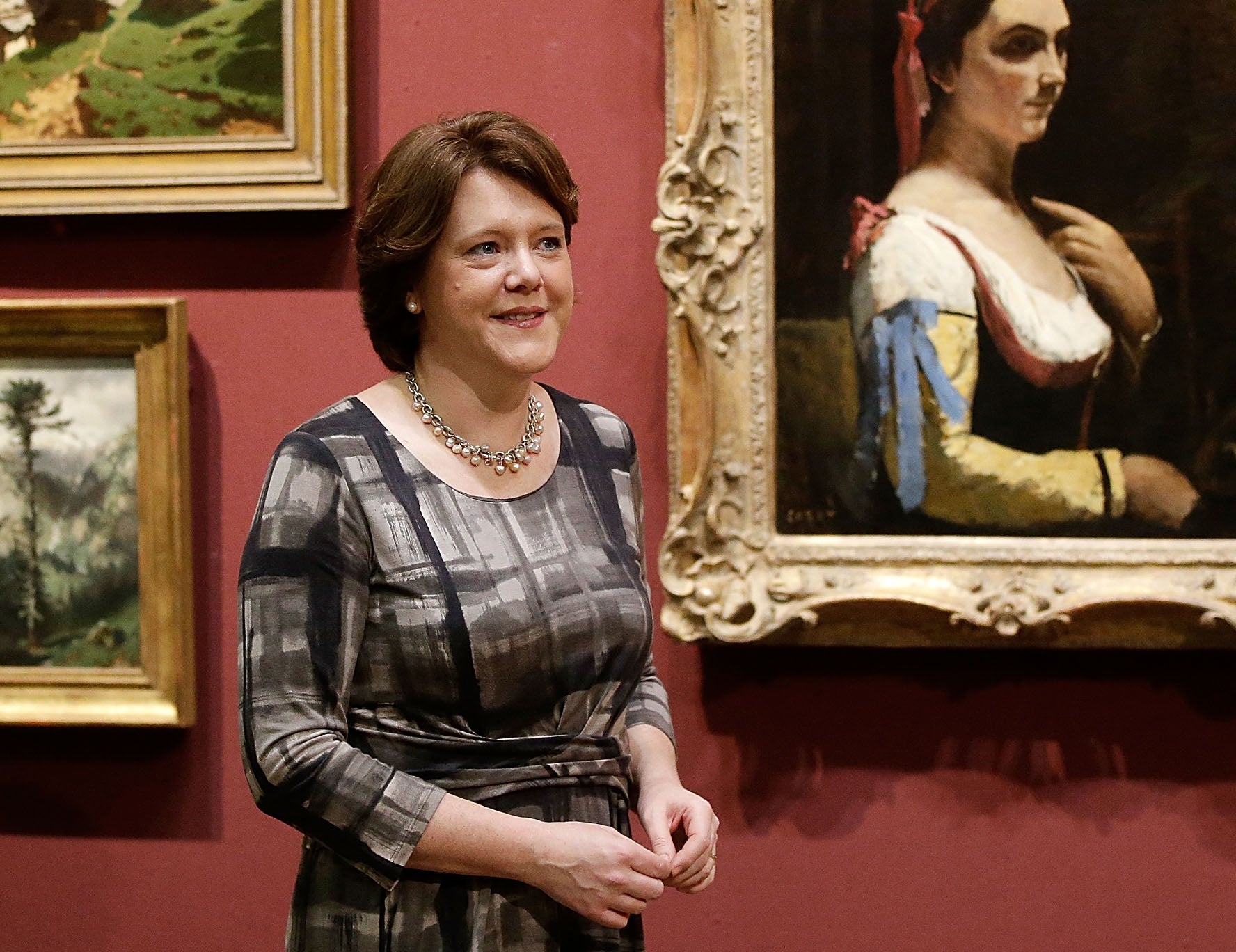UK economy: Britain may be out of intensive care but new cuts will be painful
Inside Westminster: The spending review will be analysed as a game of winners and losers for Cabinet ministers

A week ago, the Department for Culture Media and Sport launched a frantic ring round of internet service providers, demanding that within hours they pledge millions of pounds to boost the Internet Watch Foundation’s efforts to block online images of child abuse.
Maria Miller, the Culture Secretary, had called an “internet summit” on Tuesday and wanted to announce another “crackdown”, backed with hard cash. “There was pandemonium because we don’t have any money,” one Whitehall official admitted. “It was straight out of The Thick of It.” With a gun pointing at their heads, the internet companies coughed up £1m between themselves.
This is how government-by-headline works in the age of austerity. There will be a lot of it about next week when George Osborne unveils his government-wide spending review, including £11.5bn of new cuts for 2015-16. The Chancellor’s challenge will be to turn bad news about painful cuts into good news about an economy that he says has now “left intensive care”. He will admit that tough decisions have been taken on cuts, but argue they have allowed the Government to preserve spending on health, schools and infrastructure. He may anticipate Labour’s dividing line for 2015 by switching some more day-to-day revenue spending to building projects, although Labour will argue that this needs to happen now to boost a “flatlining economy” rather than in 2015-16.
The spending review will not change Mr Osborne’s economic strategy. He was never going to admit a Plan B was needed, and there is less pressure now amid growing signs of some growth. This week’s figures on retail sales and mortgage lending cheered the Chancellor’s team.
The politics of the spending review will matter more. It is bound to be analysed as a game of winners and losers, after Cabinet ministers tried to defend their budgets and persuade the Treasury to find the £11.5bn somewhere else. Conservative MPs will be watching closely to see whether Philip Hammond, the Defence Secretary, and Theresa May, the Home Secretary, have fought off the Chancellor or caved in. Appropriately for the two ministers responsible for the armed forces and the police, both are on manoeuvres in the future Tory leadership battle, and will want to show the party’s MPs they have won a good deal.
There will also be some internal Coalition politics. Iain Duncan Smith, the Work and Pensions Secretary, has told Tory MPs privately that he wanted to restrict child benefit payments to two children per family and limit housing benefit for under-25s, but was blocked by Nick Clegg. In turn, the Liberal Democrats can argue that they have stopped “the nasty party” being even nastier.
Not all the fights have been “blue on yellow”, as Whitehall insiders describe spats between the Tories and Liberal Democrats. Mr Duncan Smith and Mr Clegg were both ready to restrict perks such as winter fuel allowances to better-off pensioners. But David Cameron regards the issue as so toxic that he wouldn’t even consider removing the payments from the 100,000 British pensioners who live in warmer countries. The Prime Minister promised to keep winter fuel allowances, and free bus passes and TV licences for old folk in the heat of the 2010 election battle. He judged that he could not risk breaking his promise to a group of people who vote in large numbers. “He thinks it would be his equivalent of Clegg’s tuition fees,” one Cameron aide explained.
Yet there is a growing recognition among the political class that better-off pensioners have been too protected. I would be surprised if any of the three main parties promise to maintain winter fuel payments in their 2015 manifesto. To its credit, Labour has got in first by promising to scrap them for pensioners paying the 40p tax rate. It also intends to include pensioners’ benefits in its “welfare cap”, putting Mr Osborne under pressure to do the same next week.
However, the three manifestos will probably all pledge to maintain the “triple lock” under which the basic state pension rises in line with earnings, inflation or 2.5 per cent, whichever is higher – even though all the parties know more cuts will be needed after the election. They are scarred by the backlash over Gordon Brown’s decision to raise the state pension by only 75p a week in 2000. Yet that was in good economic times and there might be less public anger today, especially among non-pensioners. The incomes of those in their sixties and seventies have continued to rise since the recession, unlike other groups.
Voters may not like cuts that affect them and are not sure they are being made fairly, but accept they are needed. Although many people believe most of the benefits budget goes on the unemployed, in fact the state pension and top-up pension credit soak up more than half of it. Protecting such a huge chunk of welfare spending in the age of austerity has made a nonsense of the Chancellor’s mantra that “we’re all in it together”. It is time this ring-fence is demolished.
Subscribe to Independent Premium to bookmark this article
Want to bookmark your favourite articles and stories to read or reference later? Start your Independent Premium subscription today.

Join our commenting forum
Join thought-provoking conversations, follow other Independent readers and see their replies